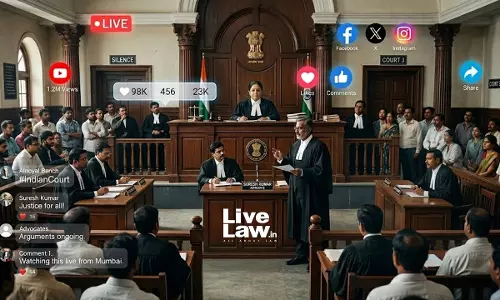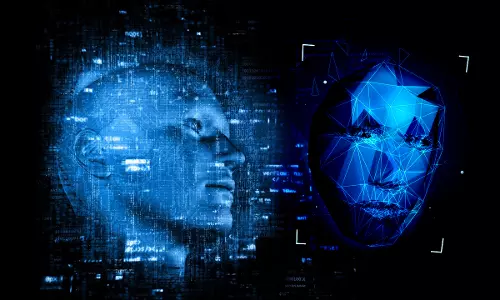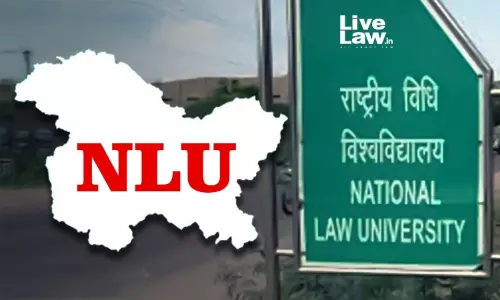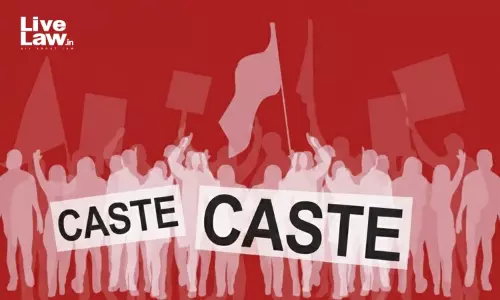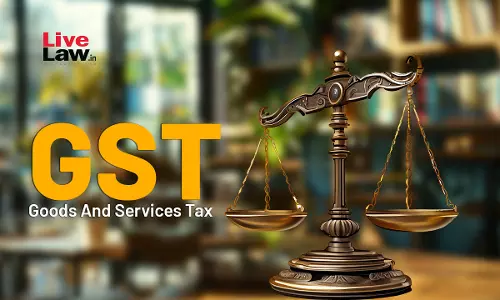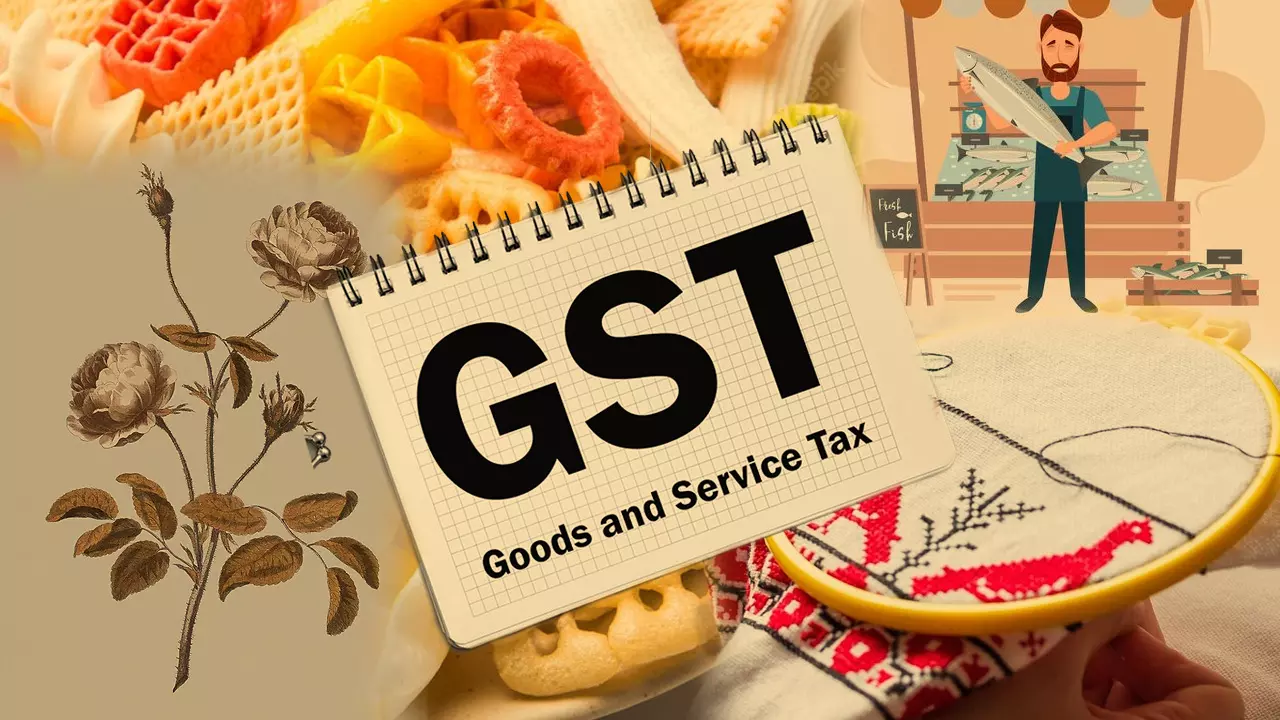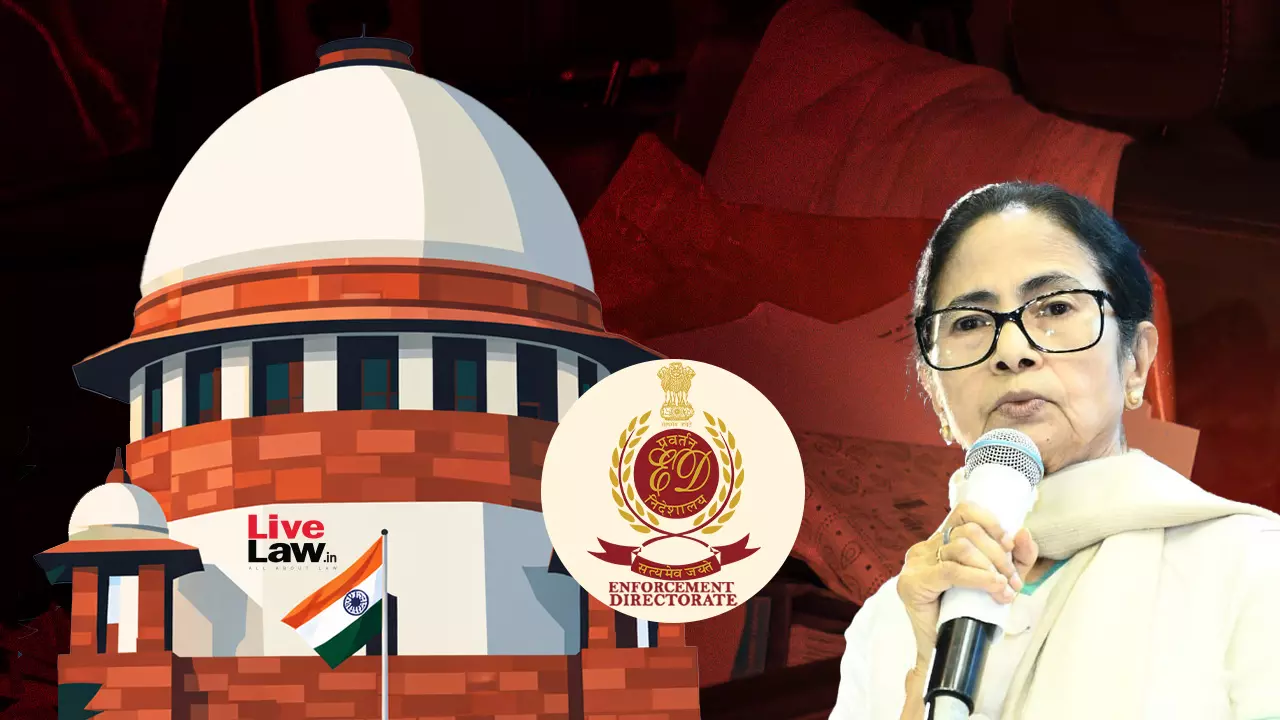Law School Articles
Bench On Trial: From Real Trial To The Social Media Trial
Today we are living in a digital age, where social media has become a regular part of everyday life. Almost, everything that public authorities or public figures do is recorded, shared, and discussed online. People not only watch what is happening, but they also give their opinions and share those opinions with others. This ability of citizens to express differing opinions reflects the strength of a democracy in the country. Public criticism on social media has sometimes forced authorities to...
Three Hours To Comply: India's New Rules For AI-Generated Content And Deepfakes
The February 2026 amendment to the Information Technology (Intermediary Guidelines and Digital Media Ethics Code) Rules, 2021 represents India's most assertive regulatory intervention into AI-generated content to date. By compressing takedown timelines, mandating technical traceability, and redefining intermediary obligations, the government has shifted from reactive moderation toward proactive algorithmic governance.A major update emerged from India's tech policy landscape on February 10 when...
From Rights Recognition To Resource Deficit: Implementation Realities After Dr. Jaya Thakur v. Union Of India
The Supreme Court in the case of Dr. Jaya Thakur v. Union of India marks a very progressive shift and has set a milestone for menstrual health rights in India by recognising menstrual hygiene as a component of equality, dignity, health and education under Articles 14, 21, and 21A. The court has adopted the rights-based approach in this case and not the charitable-based approach by clearly mandating free sanitary pads, separate and clean toilets, trained staff, awareness initiatives and...
Beyond Regionalism: A Case For Multiple Campus NLU In Jammu And Kashmir
A National Law doesn't belong to any region but to the Students and constitution itself.The debate over the location of the National Law University (NLU) of Jammu and Kashmir has regrettably degenerated into a regional contest between the Kashmir and Jammu provinces, reducing an institution of national importance to a matter of regional pride. A National Law University is not an asset to be claimed by any one region; it is an institution of legal expertise that must be structured in accordance...
The “Wealthy Dalit” Myth
In this modern Indian society, where people sit as a set of opinions and thought processes in a café over coffee, distressed about the wrecked system, where there is division on every level and stage of life. One of the major divisions in society is based on caste. There is a consolatory myth that people belonging to the dominant castes of India like to tell themselves that caste is a rural ghost, a reminder of a backward past that has been banished by the dual power of urbanisation and economic...
Understanding Secondment Under The GST Regime In India
In recent years, several Indian subsidiaries of multinational corporations have received show cause notices (SCNs) from GST authorities seeking to levy tax on salaries paid to employees seconded from foreign group entities. These notices, typically issued under the reverse charge mechanism (RCM), proceed on the premise that secondment arrangements amount to a supply of manpower services by...
Section 116 In The DNA Era: Protection Of Legitimacy Or Forced Fatherhood?
Section 116 of the Bharatiya Sakshya Adhiniyam, 2023 (hereinafter referred to as the BSA), corresponding to Section 112 of the Indian Evidence Act, 1872, provides that a child born during the continuance of a valid marriage between spouses, or within 280 days after its dissolution, shall be conclusive proof of legitimacy. By creating this conclusive presumption, the husband is effectively barred from producing any evidence to rebut the legitimacy of the child. The only defence available is to...
Appeal Without Remedy: GST Appellate System's Fatal Flaw
When the Goods and Services Tax (GST) launched in July 2017, policymakers hailed it as a "good and simple tax" to streamline compliance and unify India's fractured indirect tax landscape. Eight years later, however, a glaring procedural defect in its appellate framework forces taxpayers into a grim dilemma: accept flawed orders or endure endless restarts. Under Section 107(11) of the...
Extraordinary Powers, Ordinary Rights: ED–Mamata Banerjee Tussle and the Deeper Crisis in PMLA Law
The ongoing confrontation between West Bengal Chief Minister Mamata Banerjee and the Enforcement Directorate (ED), now playing out before the Supreme Court, is not merely a political flashpoint. At its core, it exposes a deeper constitutional unease surrounding the Prevention of Money Laundering Act, 2002 (PMLA) and the extraordinary powers it confers upon the ED. While the immediate controversy revolves around ED searches, seizures, and alleged overreach in West Bengal, the legal questions...
No Sex Ed, No Romeo-Juliet: Why India's Curriculum Betrays POCSO Reforms
The Romeo-Juliet clause, as suggested by the Hon'ble Supreme Court of India, aims to protect teenage relationships, as the name itself indicates. However, in the absence of comprehensive sex education among adolescents, how they are expected to make an informed decision about consent remains a valid question that the apex court does not address. The Supreme Court has asked the Central Government to introduce a 'Romeo-Juliet' clause as an exemption in the Prevention of Children from Sexual...
Can Regulation Curb The Spread? Evaluating Social Media Controls Against Misinformation
Misinformation in the contemporary era is mushrooming at a brisk pace. Recently, the World Economic Forum in its Global Risk Report 2025[1], listed misinformation as the second-most significant risk in India. Despite this, India continues to lack a comprehensive framework specifically aimed at stifling the dissemination of misinformation. Even the Centre for International Media Assistance also reported that between 2011 and 2022, 78 countries have passed laws to limit the spread of...
SEBI's Merchant Banker Reforms: From Information Disclosure To Ex-Ante Discipline
Merchant Bankers (“MBs”) play a central role in India's capital market as intermediaries between the issuers and the investors. Their primary role and functions include but are not restricted to management of issues, compliance with laws, ensuring due diligence, and providing corporate advisory services, but over time, the absence of clearly demarcated boundaries governing the scope of activities to be undertaken by MBs resulted in a significant expansion of their roles, even in fields that did...



